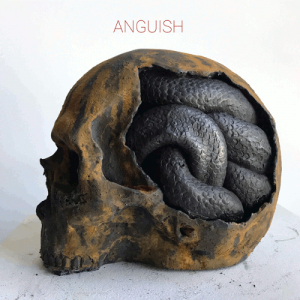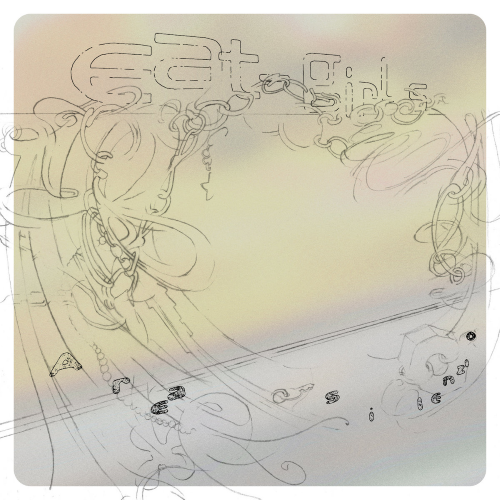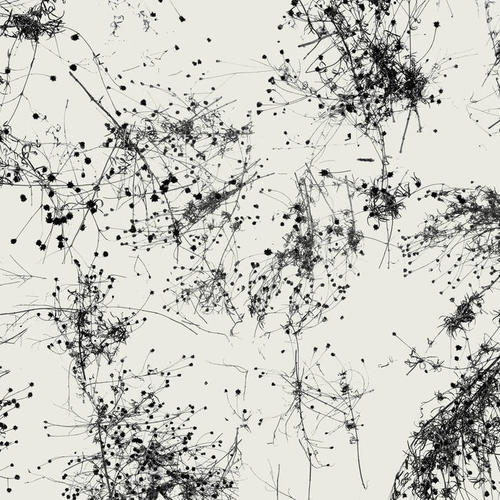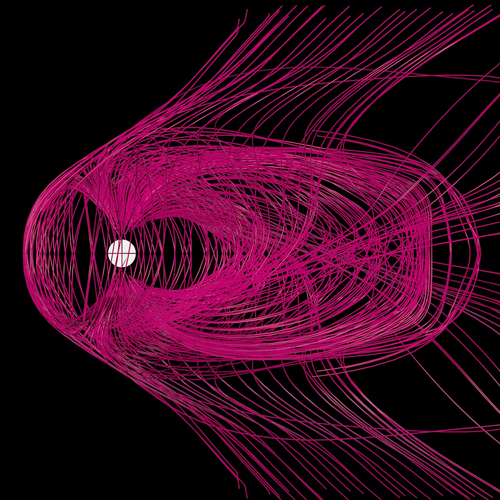 The line-up for the self-titled Anguish album is quite a treat and certainly an unexpected one. Just listing the ingredients; two parts Dälek, two parts Fire! Orchestra and Hans Joachim Irmler from Faust would cause a thrill of delight from most alternative music enthusiasts. Recorded over the course of just three days at Irmler’s studio, the result is a dystopian study in paranoia and a creeping dread of the current world order. As Mats Gustafsson says, “the world is upside down right now and we need music and lyrics that can shake things up”. As a manifesto for changing things, this album clears a path with the fire of controlled rage.
The line-up for the self-titled Anguish album is quite a treat and certainly an unexpected one. Just listing the ingredients; two parts Dälek, two parts Fire! Orchestra and Hans Joachim Irmler from Faust would cause a thrill of delight from most alternative music enthusiasts. Recorded over the course of just three days at Irmler’s studio, the result is a dystopian study in paranoia and a creeping dread of the current world order. As Mats Gustafsson says, “the world is upside down right now and we need music and lyrics that can shake things up”. As a manifesto for changing things, this album clears a path with the fire of controlled rage.
The opener is an instrumental that gives a sample of what this agglomeration has to offer, its dark urgency smeared with muted sax that stands the hair up. The distorted mania of the sax duets with a treated guitar or some sort of synth. It is hard to know from what instrument the jagged metallic searing is coming, but it is certainly coming, if not for you then for some other poor sap. The tempo is patient but straining, with latent frustration that needs to be released, the saxophone with its wild and feral tone managing to manifest this tension. It is quite an opening that allows the heavy drums of “Cyclical/Physical” to frame our first meeting with Will’s bitter and frustrated vocals. Although delivered fairly deadpan, there is no disguising the emotion in the words. To enjoy the album, you do have to appreciate this style of vocal delivery and the bludgeoning sentiments behind it, because it insinuates as the rest of the group are doing their best to compete but not overthrow.
The saxophone, and to a lesser extent Andreras Werliin‘s drums, nod in the faintest direction to jazz, but aren’t about to be pigeonholed by any stretch. The smoky sax of the title track is upset by the seared and creased electronic soundscape that erupts and festers in the shadows, while Irmler’s sparkling organ lends the subtlest air of positivity. Brooks’ mantra-like delivery is like a hymn to some long past hope. The vibe is difficult but kind of fascinating, particularly when the sax and vocals deliver a dust of sorts, the sax blustering and keening in response to Brooks’ dire predictions and jaundiced views. There is real tension in the air though, an unknown quantity behind closed doors, the revolving blue light, the fizzing short circuit of a strip-light, shadows leering on rotten floorboards, a piano picking its way carefully amongst the decay and despair. It changes in a way for “Healer’s Lament”. The intro is gentle here and Brooks’ voice is a weary thing. The fire has gone briefly and when he intones “Why must love ache?”, you feel as though you are seeing the other side here, a softer underbelly. The sounds move around the words like a cold snake, a temporary impotence that uncovers lots of space, and for a few moments we are given the opportunity to breathe amongst the vivid and sobering imagery. You know it will gradually recede with the next track, but the break in the tension is appreciated. The wild sax of “DEW” blows it all to hell and the steely drums try to follow, stepping out of line at times just to show that they can’t be relied on all the time. This bluster continues until the album ends, the sax bobbing and weaving like a drunken butterfly on “A Maze Of Decay” as the blaring, malfunctioning electronics scatter dust and dirt across the canvas and other more subtle sounds stutter in the dripping corners, lurking like unwanted memories.It is a seething energy that sees the album out in “Wumme” and then once again we are able to breathe and look around us again. The corners of our own rooms and the sunshine streaming through the windows come back into focus; we can be thankful that there are people out there like Anguish who are taking the despair of the world onto their own shoulders and turning it into these dark messages so that we don’t have to. It is a dirty, stinking job, but Anguish are more than capable.
-Mr Olivetti-



